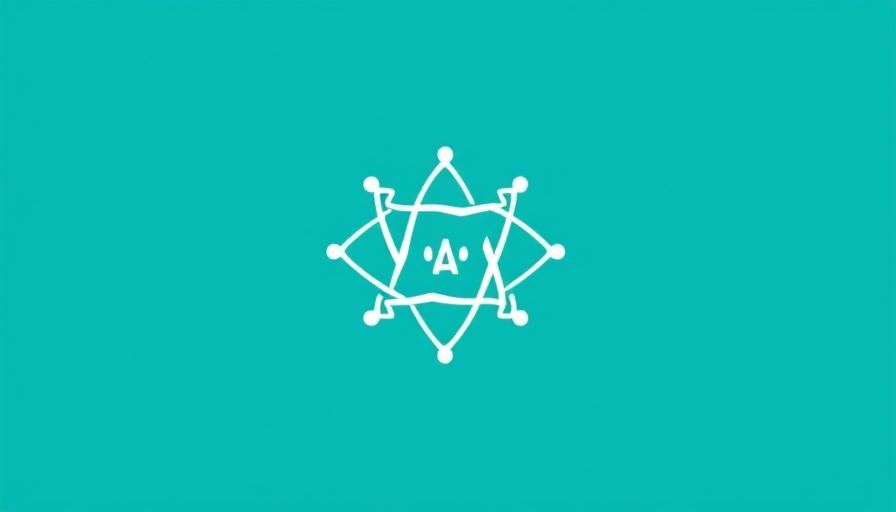
OpenAI's Leadership Shakeup: What's Behind the Changes?
In a significant leadership reshuffle, OpenAI has decided to empower COO Brad Lightcap with expanded responsibilities while CEO Sam Altman pivots towards a more technical focus. This strategic move comes as OpenAI pursues its ambitious goal to enhance artificial intelligence technologies aimed at accelerating human progress.
Who’s Who in the New Leadership Structure?
Brad Lightcap has been appointed to oversee day-to-day operations as well as the international expansion of OpenAI. Additionally, he will manage critical partnerships with tech giants like Microsoft and Apple, emblematic of OpenAI's wider industry relationships. Meanwhile, Mark Chen has stepped into the role of Chief Research Officer, and Julia Villagra has taken on the position of Chief People Officer. Earlier, both were significant figures within the organization, with Chen serving as Senior Vice President of Research and Villagra as Vice President of People.
The Context of Change: Previous Departures
This reshuffle follows a spate of high-profile departures, including that of former CTO Mira Murati and chief research officer Bob McGrew, who exited in September. The sudden shifts in leadership were noted by Altman, who referred to these changes as 'natural' in the context of a rapidly evolving company. This climate of transition could indicate a broader trend within tech companies adapting to fast-paced innovations and market demands.
What Does It Mean for OpenAI's Future?
As OpenAI prepares for these changes, the implications are substantial. With Altman focusing on research and product areas, the collaboration with existing teams like ChatGPT will likely become a priority. Notably, the company is undergoing a transition from a non-profit to a for-profit entity, sparking concerns from co-founder Elon Musk, who has expressed worry about the shift towards maximizing profits over humanitarian objectives. This tension may impact how OpenAI navigates ethical considerations around AI development.
Counterarguments: Profit vs. Purpose
OpenAI's transformation raises important questions regarding profit motives versus social responsibility in AI development. While the potential for revenue generation allows for greater resources to push AI innovations, critics argue that it may compromise the original mission. Balancing profit with broader societal impacts remains a critical concern, especially as AI technologies evolve and permeate everyday life.
Engagement with AI Enthusiasts
This leadership change signifies OpenAI's response to the rapidly growing AI landscape. As AI enthusiasts, it’s crucial to stay informed and engage with the latest developments. Understanding the implications of such shifts at OpenAI will help in grasping the future trajectory of AI technologies and their interaction with society.
Your Role in the AI Conversation
As OpenAI enthusiastically embarks on this realignment of leadership, this is a key time for those interested in AI to engage in discussions about the future direction. Consider how OpenAI’s model can be used or critiqued in wider technology discourses, especially around partnerships and ethical AI use. By doing so, you contribute positively to the ongoing conversation surrounding AI.
To stay updated on OpenAI's developments and engage in the broader AI community, join online forums, attend webinars, and participate in discussions related to emerging technologies. Explore how these changes can inspire innovative ideas in your own work or studies in AI.
 Add Row
Add Row  Add
Add 




 Add Row
Add Row  Add
Add 

Write A Comment